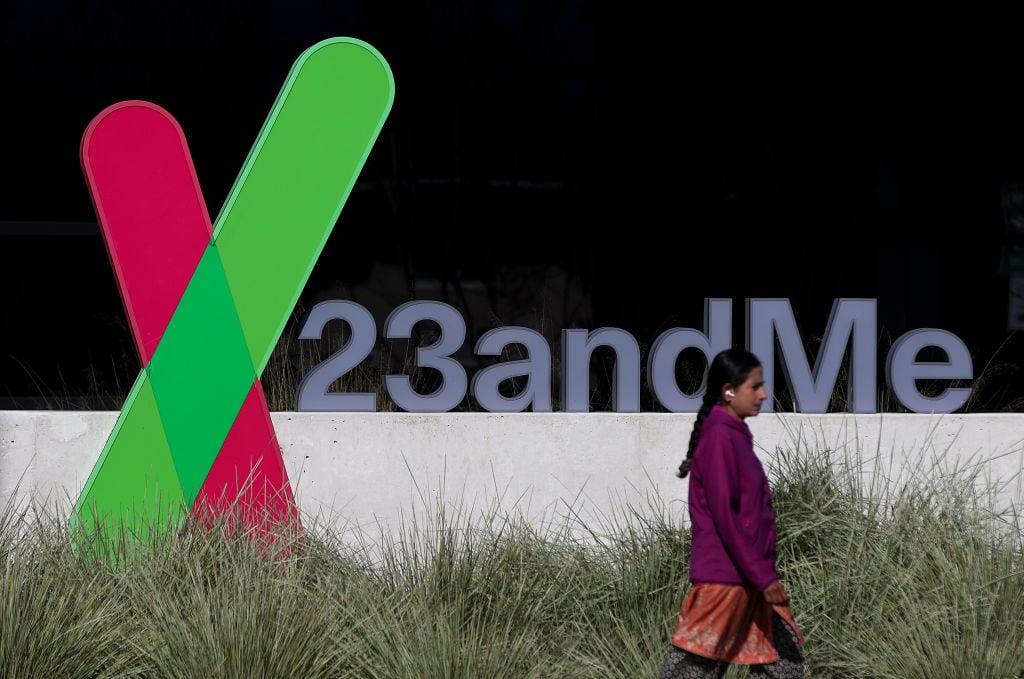*By Jacqueline Corba, Tim Stenovec, and Carlo Versano* Peloton is expanding with a treadmill that will bring the company closer to its goal of becoming a fully-vertical gym replacement. Cheddar was granted a preview of the new product, called Tread, by Peloton's founder and CEO John Foley. It's a combination high-powered treadmill and bootcamp experience ー with a $4,000 price tag. Half of the workouts take place off the treadmill, sometimes with weights, and the user follows along (like the bike, either via live or on-demand classes) on a large touchscreen monitor connected to the internet. "It allows you to take these full body workout classes from home," Foley said. He added that envisions Tread to be a "mass product," despite its high price, which can be amortized over years, since users will save on traditional gym memberships or one-off classes. Peloton has gained an cult following among the affluent boutique workout set for its high-end stationary bikes and live virtual classes and has seen extraordinary growth since its 2012 launch. Last year it brought in revenues of $370 million, and Foley said its on pace to more than double that in 2018. Some of that success can be attributed to the savvy business model, which in addition to the upfront price for the hardware, requires a monthly subscription to unlock the benefits of the classes ー otherwise it's just an expensive bike. "We've always considered ourselves a technology and innovation company, not a cycling or stationary bike company," Foley said. He highlighted a dual marketing model: "acquisition" for those who can afford to buy a Peloton for their home gym or bedroom, plus "retention" ー where Peloton serves as an amenity in hotels and luxury apartment buildings. The company recently struck a deal with Marriott-owned ($MAR) Westin to stock the hotel's gyms with its bikes. The company, which is targeting an IPO in 2019, currently has a $4.15 billion valuation after a $550 million funding round. And that's before a single mile has been logged on Tread. For full interview [click here](https://cheddar.com/videos/peloton-launches-tread-to-bring-bootcamp-experience-to-consumers-at-home).












